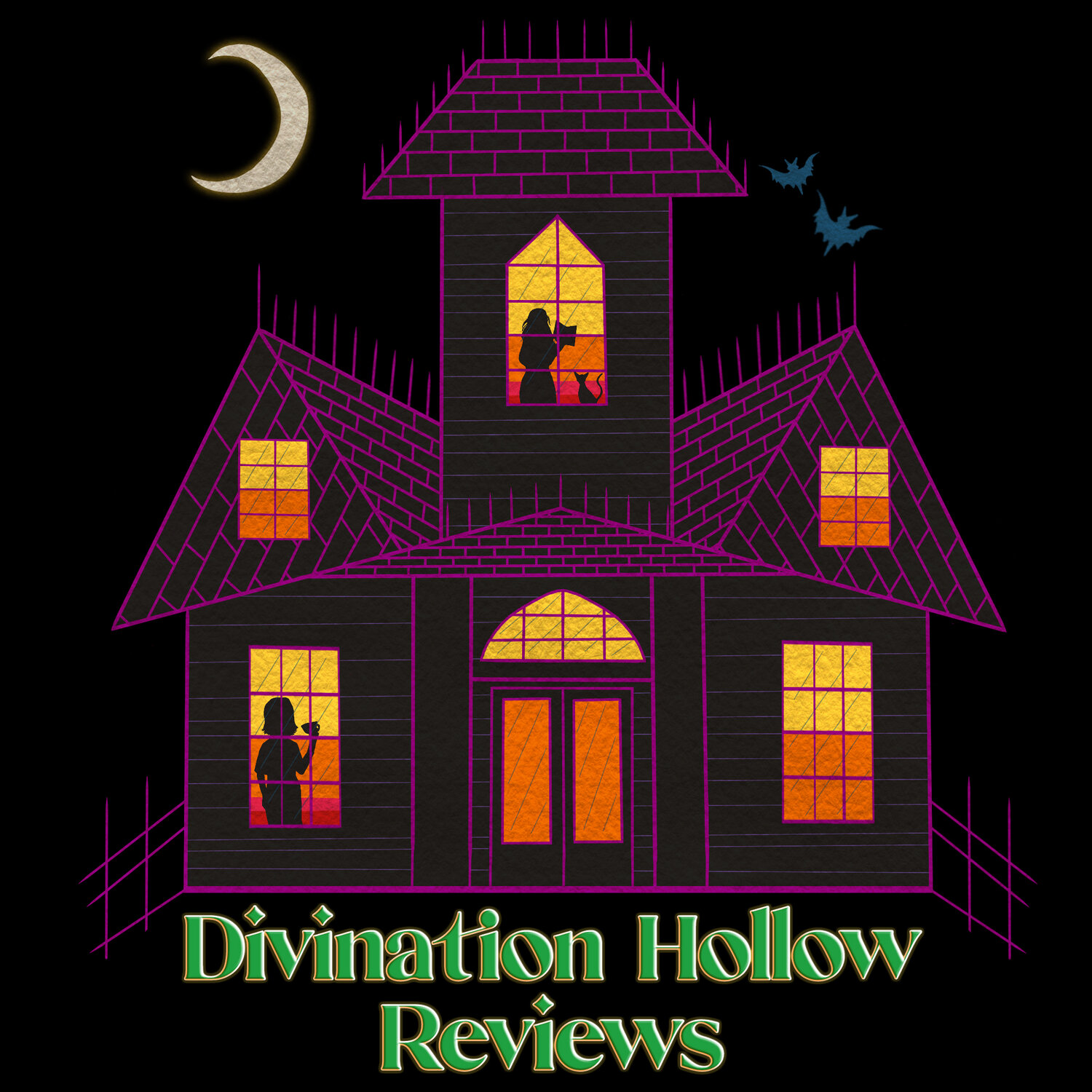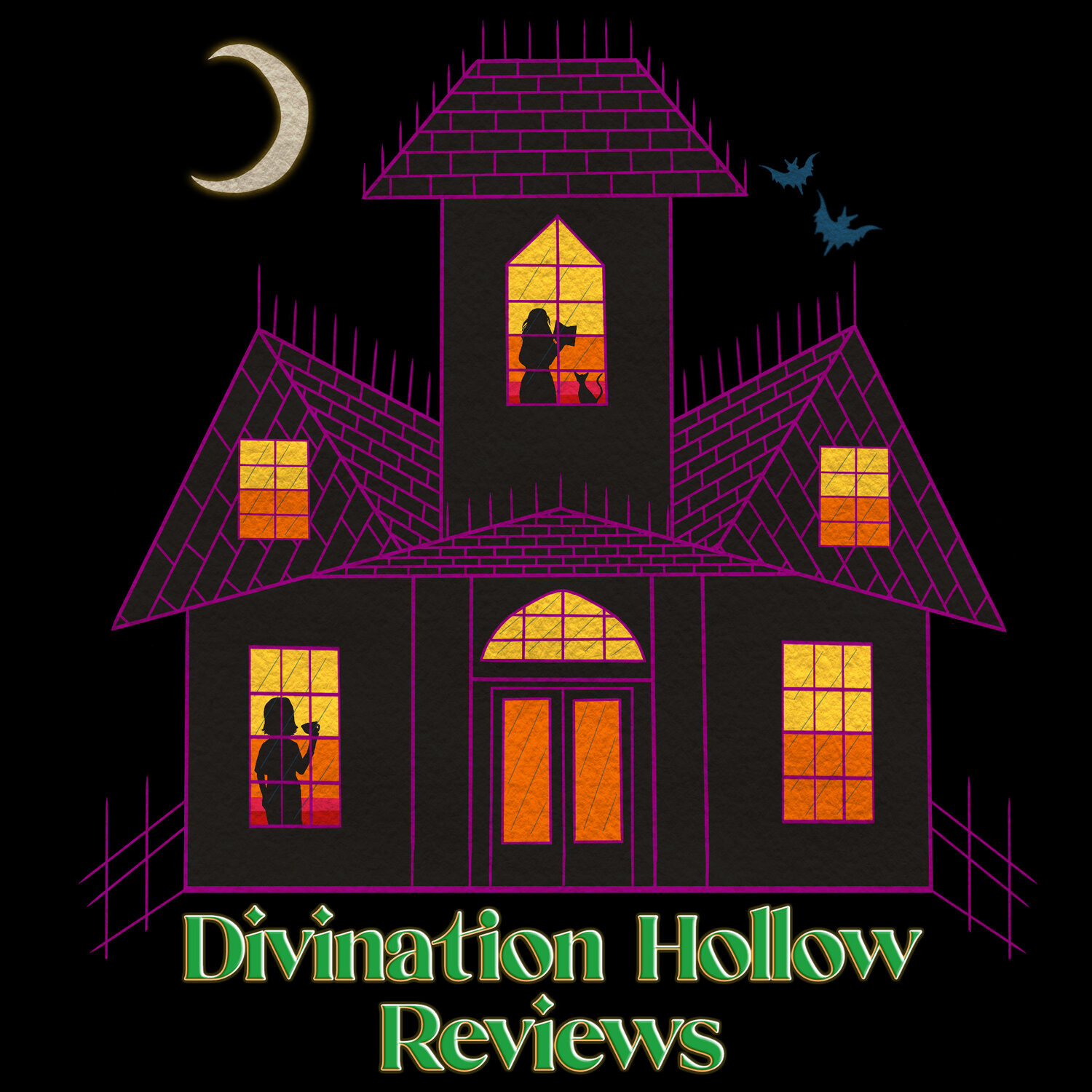[Pride In Horror Month] - Mabel: A Podcast About Faery, A Family Curse, and Lesbian Love

“Hi, you’ve reached Mabel Martin. I’m not here to take your call right now, so please leave a message after the beep, and I’ll get back to you as soon as I can. Thanks!”
I started listening to Mabel Podcast recently, and it’s been keeping me awake for the best of reasons. For starters, it’s deliciously creepy, the golden standard for stories about faery. The premise is as follows: Anna Limon is a live-in carer for Sally Martin, an elderly woman who lives alone in a large house on the hill. Equally intrigued by the stories Sally tells about her granddaughter Mabel, and curious about why Mabel no longer comes around, Anna keeps trying to reach her through the phone. Only no matter how many times she calls, Mabel never picks up.
Over time, Anna’s voicemails go from apologetic to angry to some sort of resigned. She tells Mabel, who must be listening, as a full inbox can’t empty itself, about all the strange things which have happened in her time with Sally: the boxes of letters she’s found, all marked with a red seal, the man in the street who keeps asking for the same directions back into town, the eerie singing from empty rooms in the house. All of these stories go unanswered. It’s not that Mabel doesn’t call back, she does - Anna just can’t hear her. And with every passing episode, the listener gradually comes to understand why, though this answer is never given to you outright.
That’s another thing which I love so dearly about Mabel: its riddles and romances, a mystery wrapped up in horror so gripping and language so beautiful it leaves you breathless. It is a love story mired in tragic myth, taking tales like that of Orpheus in the Underworld and Theseus in the Labyrinth and turning them on their head. Anna is neither the hero nor the maiden who saved him; she is the ball of twine leading out of the maze, and Mabel is the Minotaur, the burning girl pulled from her cage. Theseus grew bored with Ariadne and Orpheus looked back, but Anna won’t; she keeps her promises. “It’s me,” she says, “the bundle of thread in your pocket. Didn’t I say I wouldn’t leave you here alone? Didn’t I say I’d come after you, hand over hand, fist over fist, into the rot of the black earth, into the labyrinth?”
There are moments from Mabel I could recite in my sleep, I’ve spent so much time ruminating on them. There are lines like “Once upon a time, we were strangers. We’d never even heard one another’s names. Now, we’re - something else. Strange, maybe, not strangers.” There are questions like “Have you ever heard a fox scream?” and “Are you furious? Are you righteous? Are you the girl in the mirror? Are you the labyrinth? Are you the red thread that ties me to myself, this place, your own? Who are you, Anna Limon?” There is anger, and there is the solving of riddles and the resolving of mysteries, confessions of love and fear and loathing so entangled it is impossible to tell where one ends and the other begins. And there is an episode I know by heart, a love-letter carefully constructed long before Anna and Mabel ceased to be strangers to each other. In it are these lines which never fail to knock me flat on my back each time I hear them:
“Sometimes I think I would eat you if I could. There is a witch in a story who ate a girl she loved, and always afterwards when she spoke, flowers fell out of her open mouth. I would swallow you up, and you would be lobelia on my tongue for the rest of my life. This is what they say: it is not uncommon for us to want to eat what we love.”
I’ve been looking for a podcast like Mabel my entire life. Or more precisely I’ve been looking for a podcast like Mabel since I first reconciled the image I’d built of myself over the years with who I really was, a girl who could only love other girls. But even before I came to terms with my lesbianism, I loved stories about faery, about ghosts, about girls in the mirror and running away.
Horror has always been my favourite genre of fiction. There are plenty of vague, nebulous reasons I can think of to explain this if somebody asked: the rush of adrenaline which comes with being scared silly, the way the bed feels warmer if you’re afraid of something underneath it. But the real truth, and one I seldom offer in full, is that it has always been one of my firmest beliefs that horror is the genre of love - and not just any kind of love. Love in horror, despite horror, or even because of horror, is haunting. It is wanting someone so fiercely, mind, body and soul (or what is left of it, at least) that you would sooner become subsumed into their failings than never know them at all. It is the instinct of protection even to a self-sacrificial fault; it is subversive, defiant, and uniquely “other”. This is all a lengthy, roundabout way of saying that love in horror, to me, has always felt representative. And the more stories about women loving women and men loving men in terrifying situations of eldritch proportions I find, from the unravelling mystery of Keisha’s missing wife in Alice Isn’t Dead to the slow burn romantic subplot of The Magnus Archives, the more this subconscious belief of mine is cemented.
There is something wildly affirming about lesbian romance set against the backdrop of something horrifying and otherworldly, where man can be indistinguishable from monster and monster in turn indistinguishable from memory, the line between these things sometimes as simple as keeping your promises. You need to look no further than Mabel for that.

By S. E. Swea (she/her and they/them
Twitter: @sesweawrites
S. E. Swea is a Chinese-Malaysian lesbian writer and poet presently based in George Town, Penang. Her work is published or forthcoming in journals like Impossible Archetype, Rabid Oak and Lunch Ticket. She hasn't personally brushed shoulders with the otherworldly yet, but she's working on it.

